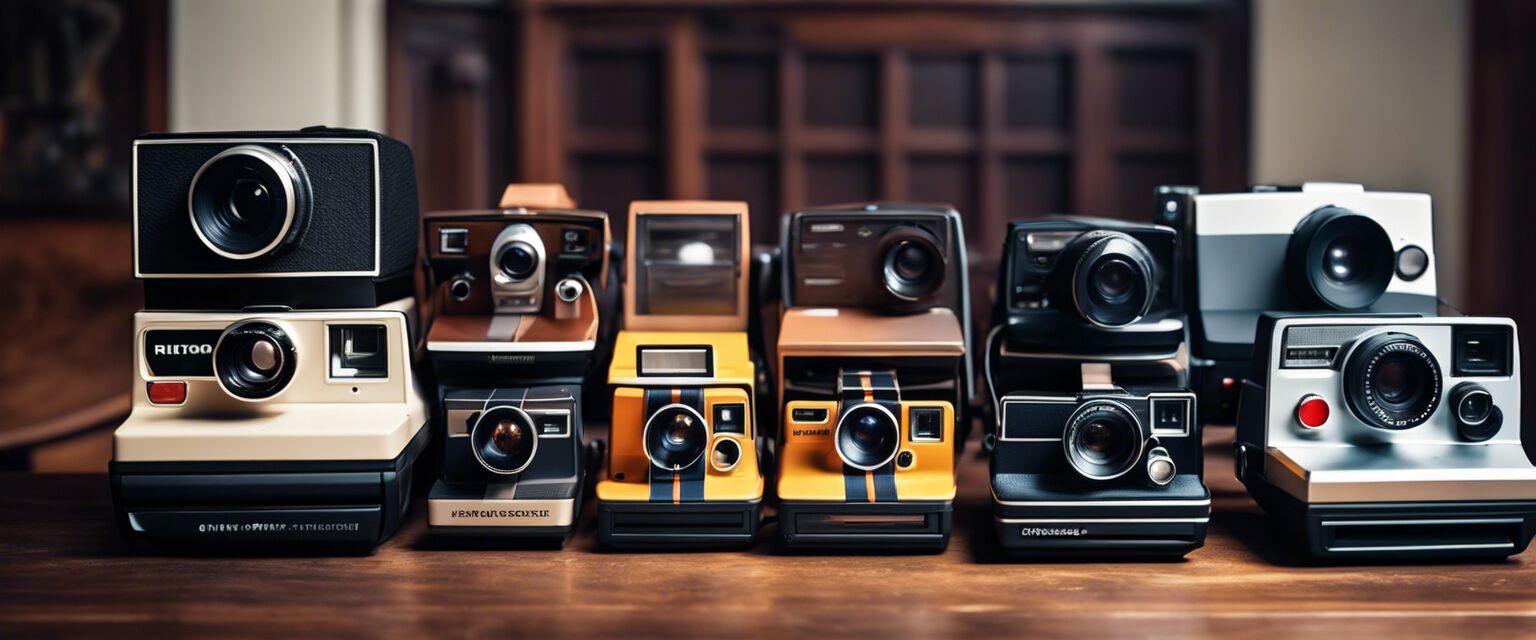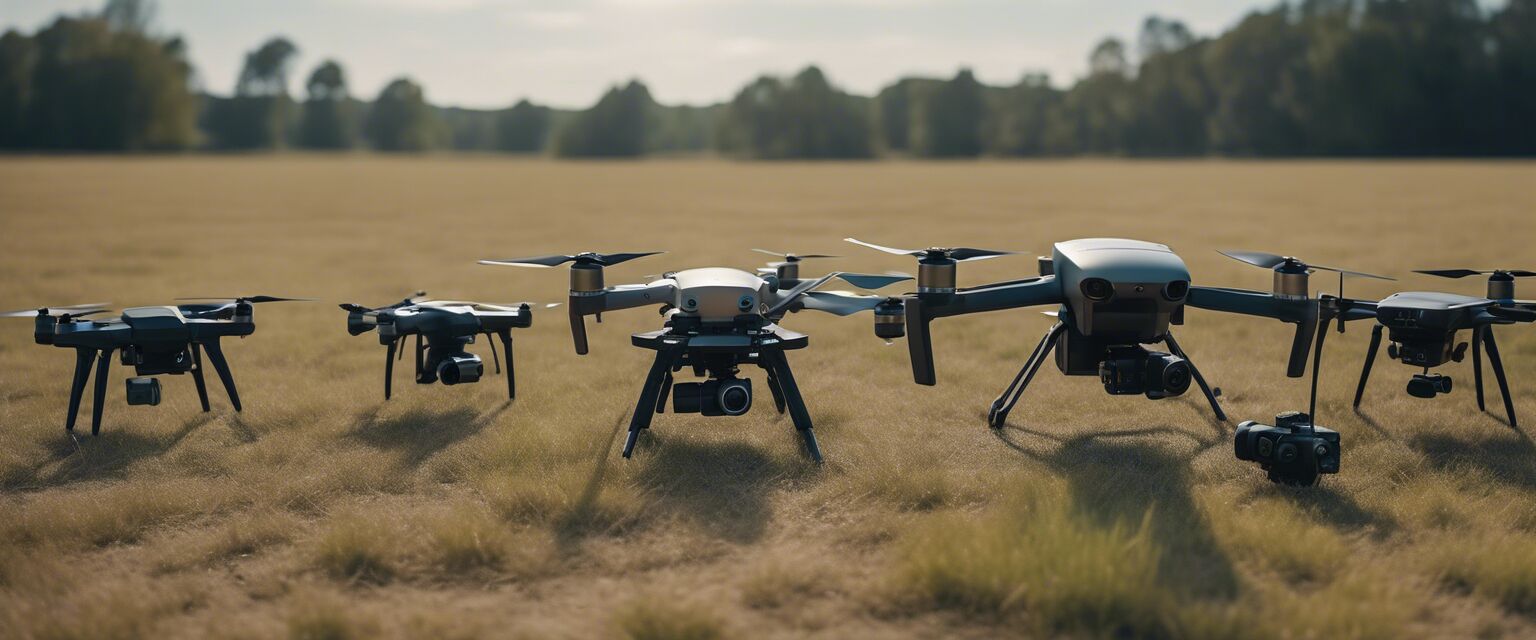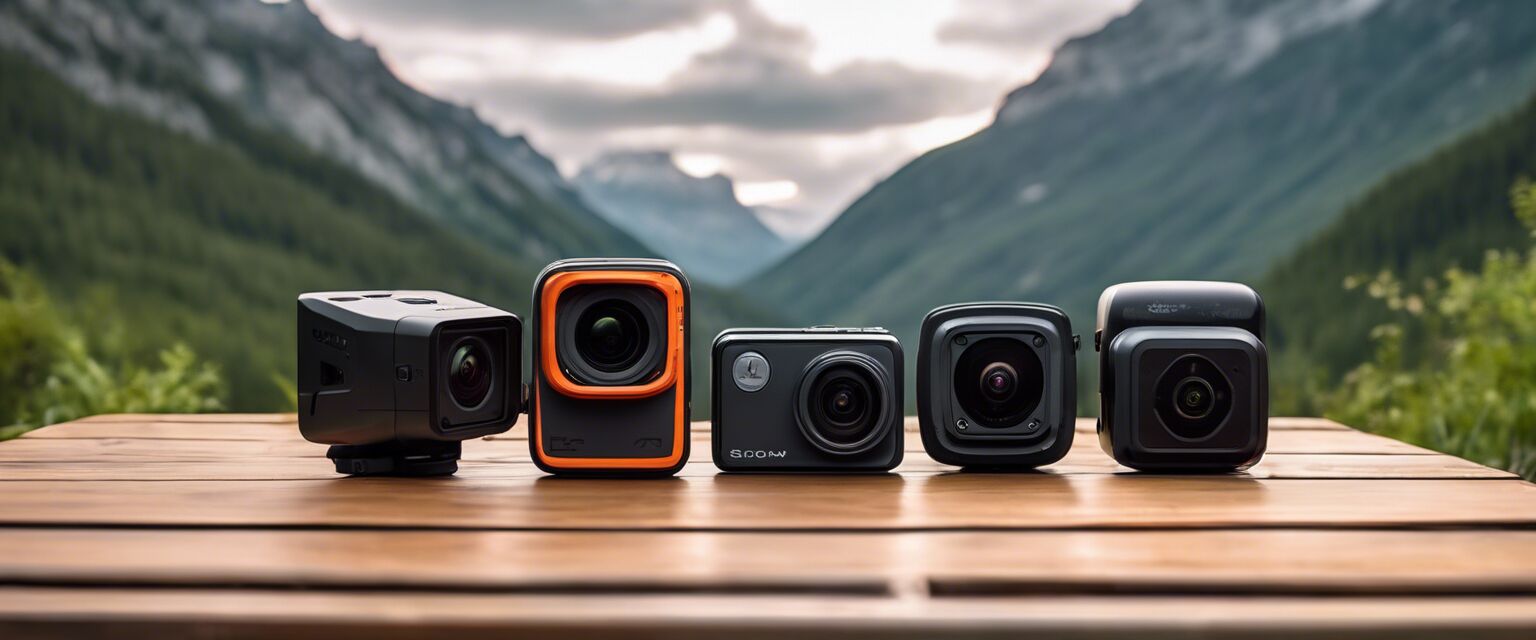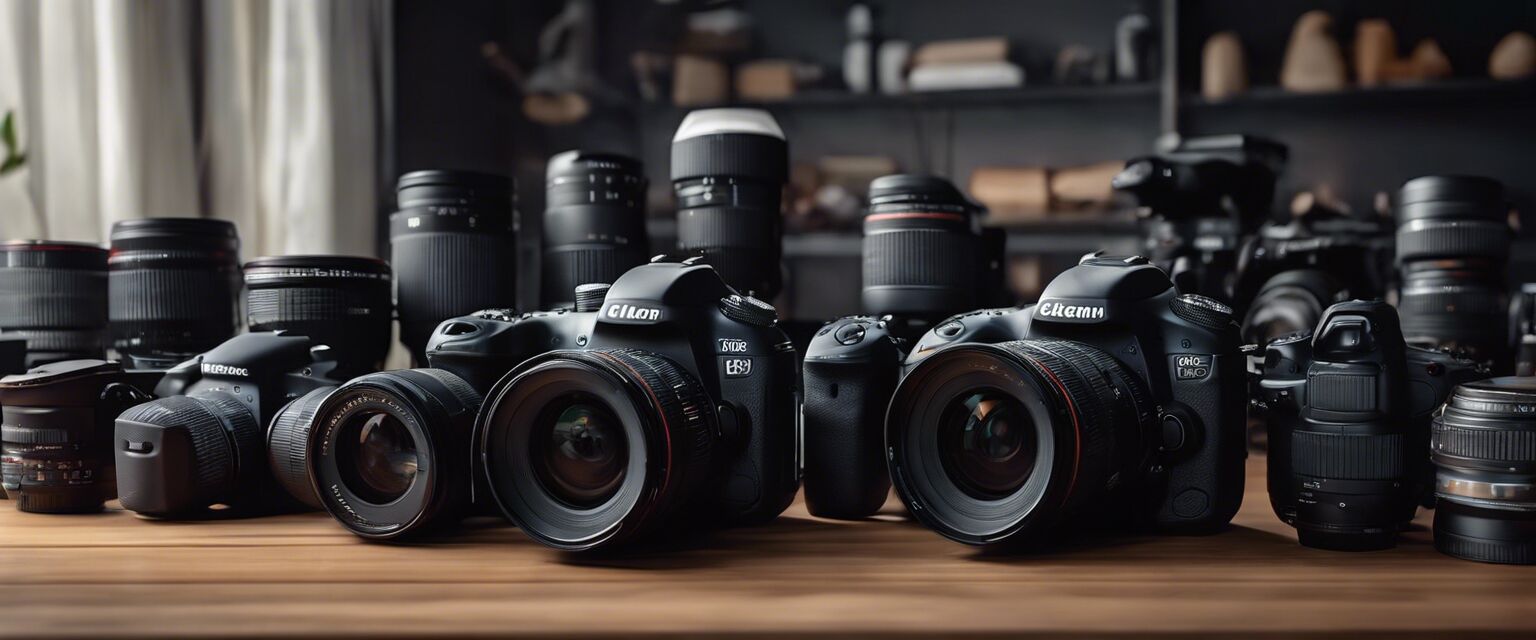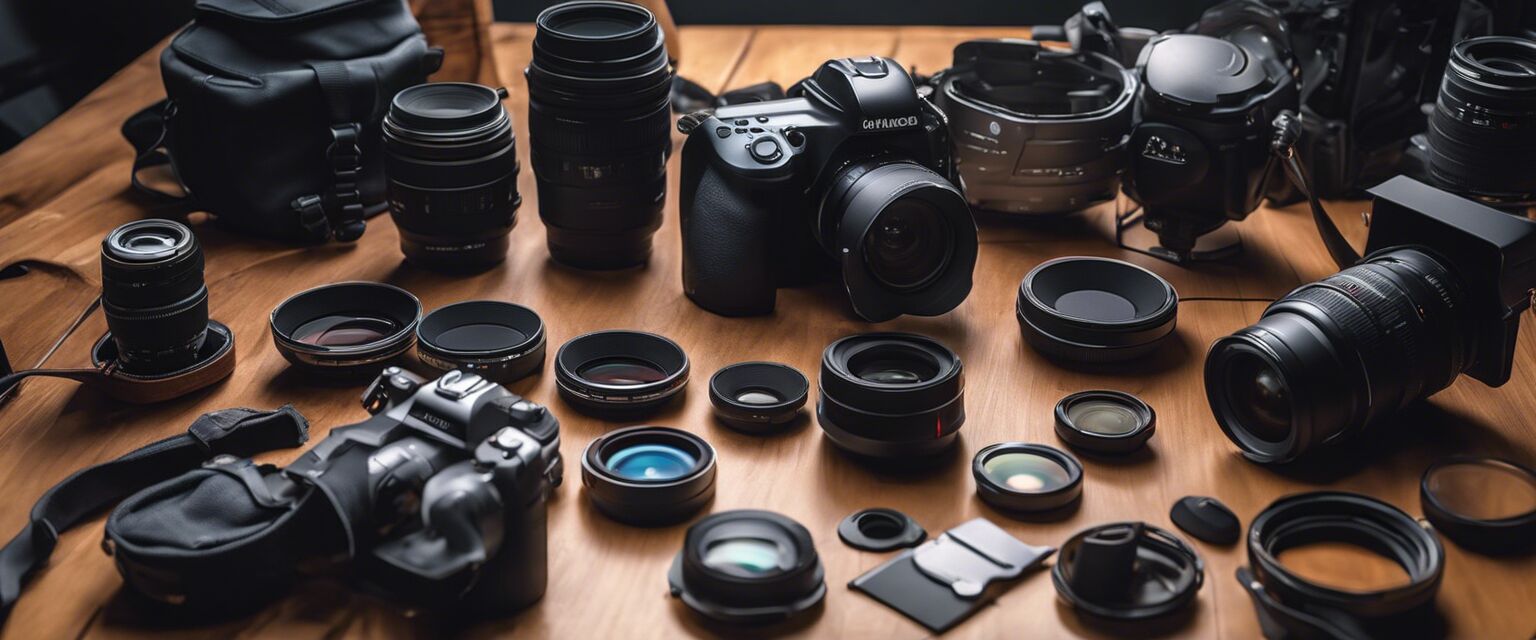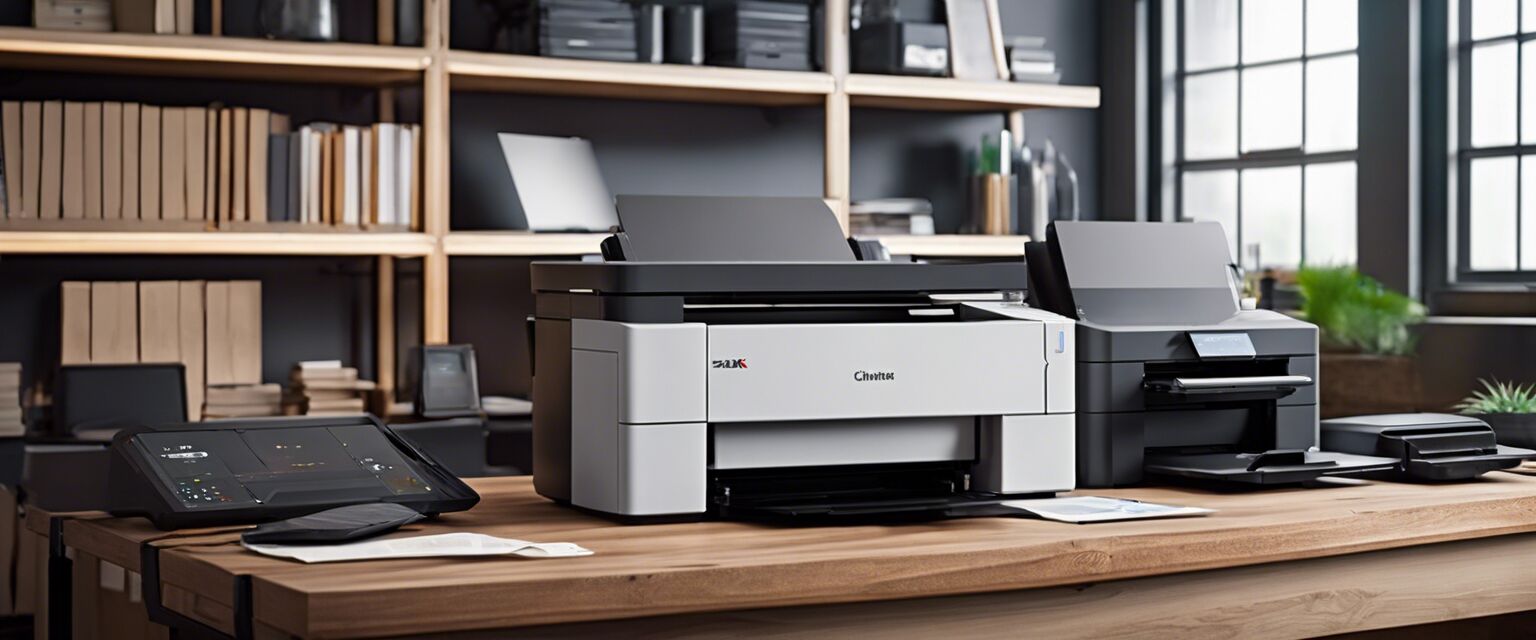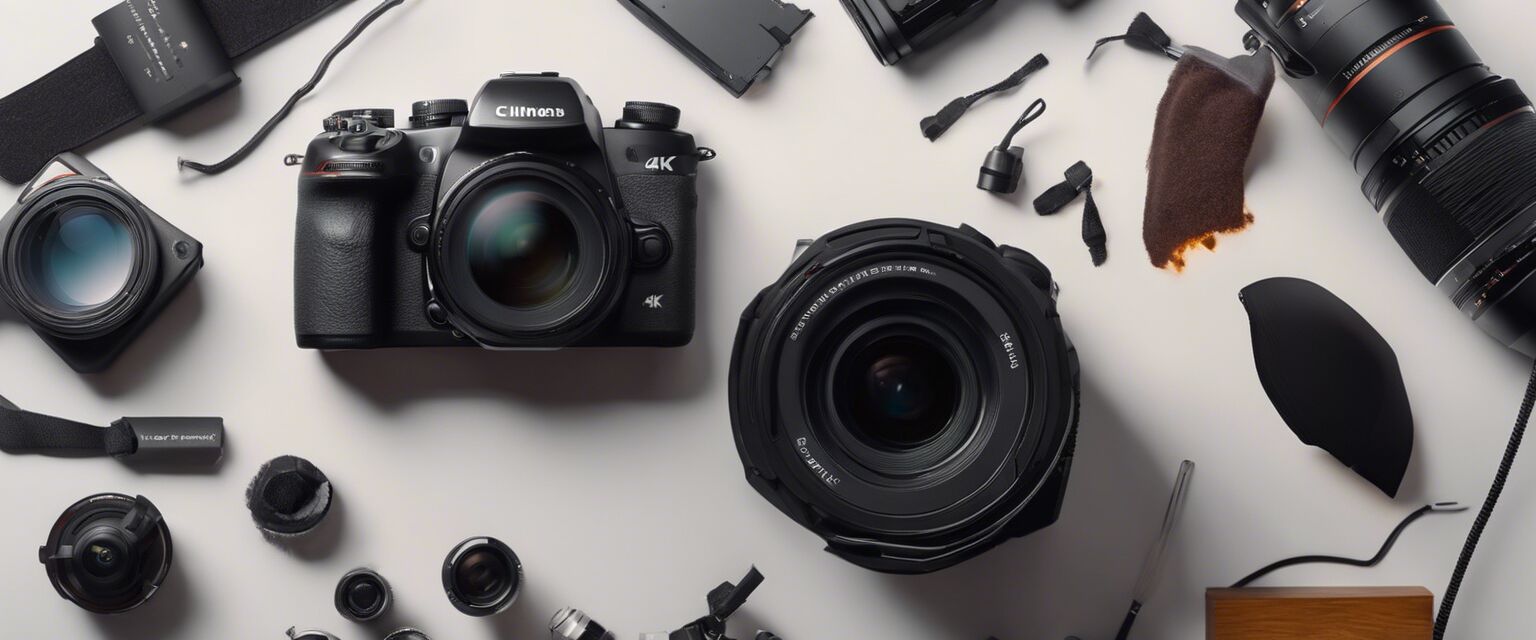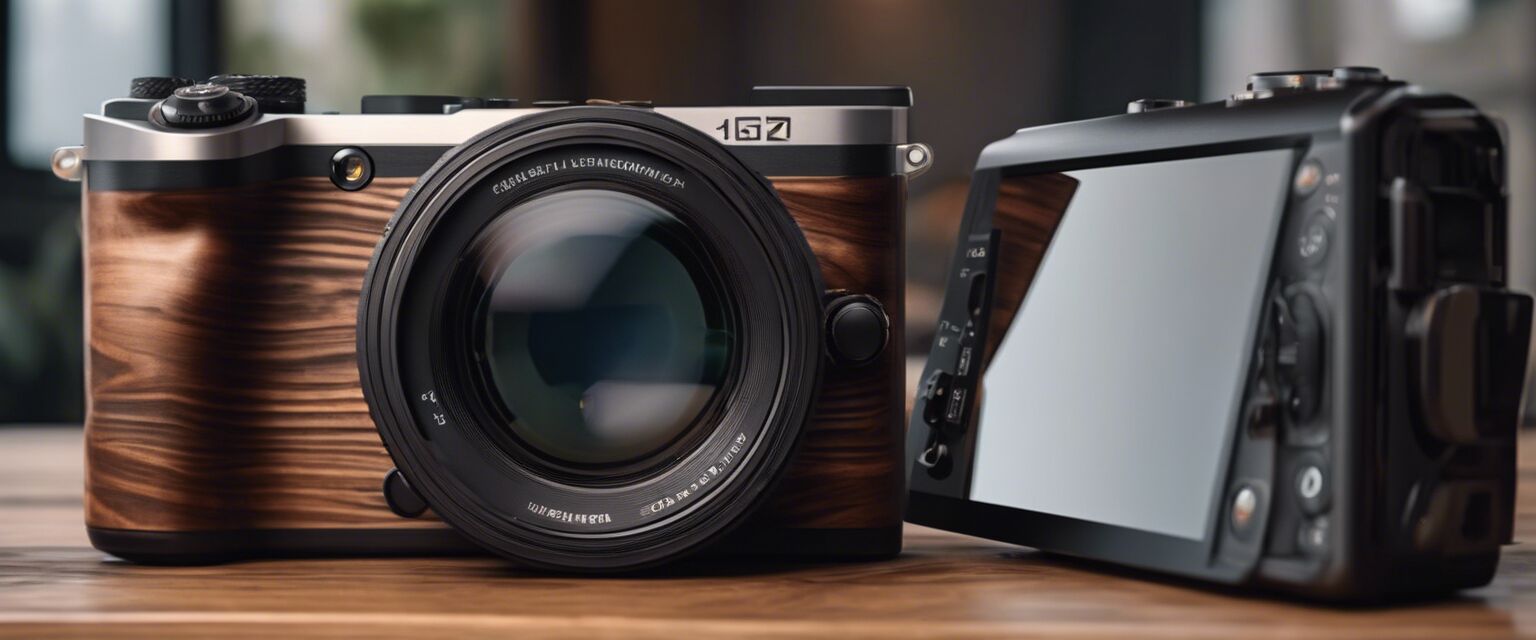
Mirrorless Cameras
- Mirrorless cameras offer compact designs without sacrificing image quality.
- They are known for fast autofocus systems and interchangeable lenses.
- Popular brands include Sony, Canon, and Nikon.
- Ideal for both amateur photographers and professionals.
Mirrorless cameras have revolutionized the photography world by combining the benefits of traditional DSLRs with the compactness of point-and-shoot cameras. In this article, we will explore the features, benefits, and top brands and models available in the mirrorless camera market.
What is a mirrorless camera?
A mirrorless camera is a type of digital camera that does not use a mirror reflex system. Unlike DSLRs, which rely on a mirror and prism to display the image through the viewfinder, mirrorless cameras utilize electronic viewfinders or the rear LCD screen to display the image directly from the sensor. This key difference allows for a lighter and more compact design.
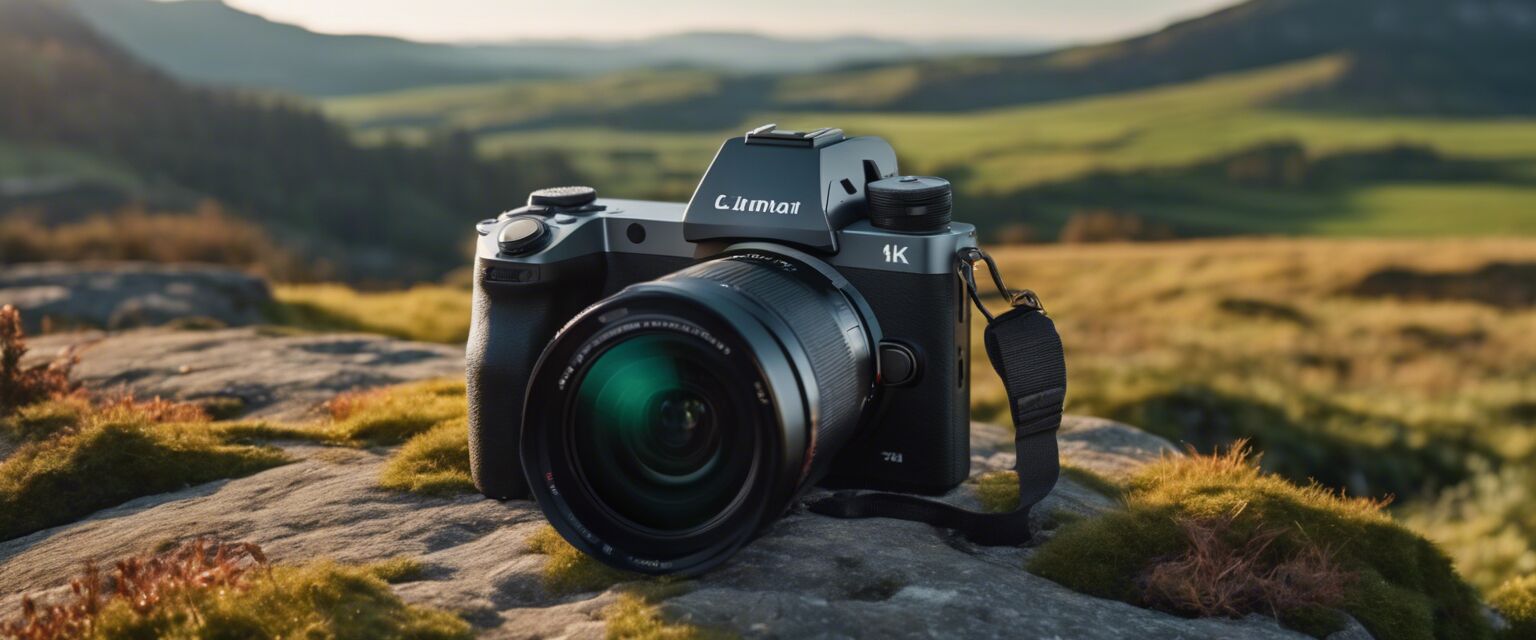
Benefits of mirrorless cameras
- Compact Size: Their smaller size makes them easy to carry around.
- Interchangeable Lenses: They support a variety of lenses for different photography styles.
- Fast Autofocus: Many models feature advanced autofocus systems for quick focusing.
- Video Capabilities: They often have superior video recording features compared to DSLRs.
Top brands in the mirrorless camera market
| Brand | Notable Features |
|---|---|
| Sony | Advanced autofocus systems, high-quality sensors, and extensive lens options. |
| Canon | Excellent color science, user-friendly interfaces, and diverse lens ecosystem. |
| Nikon | High-resolution sensors, robust build quality, and great low-light performance. |
| Fujifilm | Unique film simulation modes, stylish designs, and strong manual controls. |
| Panasonic | Excellent video capabilities, durable construction, and advanced stabilization features. |
Popular mirrorless camera models
| Model | Key Specifications |
|---|---|
| Sony A7 III | 24.2 MP, Full-frame sensor, 10 fps continuous shooting. |
| Canon EOS R | 30.3 MP, Full-frame sensor, Dual Pixel autofocus. |
| Nikon Z6 | 24.5 MP, Full-frame sensor, 12 fps continuous shooting. |
| Fujifilm X-T4 | 26.1 MP, APS-C sensor, 15 fps continuous shooting. |
| Panasonic Lumix GH5 | 20.3 MP, Micro Four Thirds sensor, 4K video recording. |
Choosing the right mirrorless camera
Selecting the ideal mirrorless camera involves considering several factors:
- Purpose: Are you a casual photographer, hobbyist, or professional?
- Budget: What is your price range for a new camera?
- Features: Do you need advanced video capabilities or specific autofocus features?
- System Compatibility: Consider the lens ecosystem and other accessories.
Comparison of mirrorless and DSLR cameras
| Feature | Mirrorless Cameras | DSLR Cameras |
|---|---|---|
| Size | Compact and lightweight | Bulkier due to mirror system |
| Autofocus Speed | Generally faster | Can be slower, especially in live view mode |
| Lens Variety | Expanding selection | Established and extensive |
| Battery Life | Shorter due to electronic viewfinder | Longer battery life |
| Video Quality | Often superior | Typically good but varies by model |
Frequently asked questions
Are mirrorless cameras better than DSLRs?
It depends on your needs. Mirrorless cameras are generally more compact, offer faster autofocus, and have excellent video capabilities. However, DSLRs may provide longer battery life and a more extensive lens selection.
Can I use DSLR lenses on a mirrorless camera?
Many brands offer adapters that allow you to use DSLR lenses on their mirrorless cameras. However, compatibility can vary, so itâs essential to check specific models.
What type of photography is best suited for mirrorless cameras?
Mirrorless cameras are versatile and can be used for various photography styles, including landscape, portraits, sports, and video. Their fast autofocus and video capabilities make them particularly suitable for dynamic situations.
Tips for beginners
- Start with a beginner-friendly model that offers automatic modes.
- Experiment with different lenses to find what suits your style.
- Practice in various lighting conditions to understand exposure.
- Join photography communities to gain insights and feedback.
Pros
- Lightweight and portable
- Fast autofocus
- High-quality video recording
- Interchangeable lenses
Cons
- Shorter battery life
- Electronic viewfinder may lag
- Less established lens ecosystem
In conclusion, mirrorless cameras provide a fantastic option for photographers looking for a blend of quality and convenience. Whether you're just starting your photography journey or are a seasoned professional, the right mirrorless camera can enhance your creative endeavors.
For more information on camera accessories, check out our Camera Accessories section. If you're interested in exploring more camera options, visit our Cameras page.
